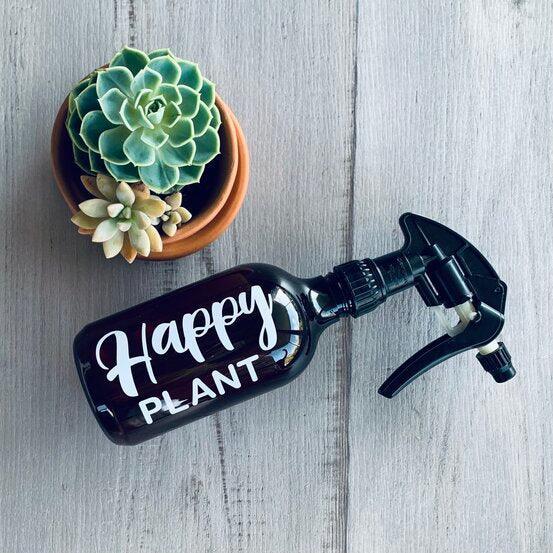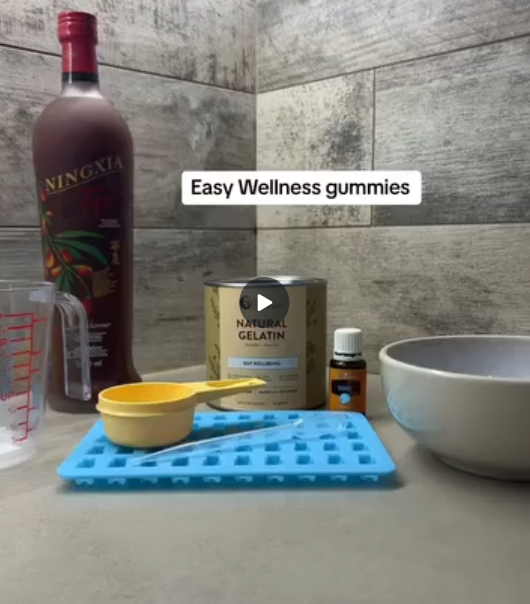
5 Plants to Purify Your Home: A Natural Air Filter for Every Room
Indoor plants are more than just a trendy way to decorate your home; they’re also powerful natural air purifiers. Not only do they help beautify your space, but they also improve air quality, making your home healthier and more relaxing. If you want to combat common indoor toxins like benzene and formaldehyde, here are five incredible plants that will help you breathe easier in different rooms of your home.
1. Aloe Vera for Your Study: The Ultimate Toxin Buster
Did you know that aloe vera plants do more than soothe burns? These hardy plants are exceptional air purifiers, especially suited for your study or home office. Aloe vera can help remove harmful toxins like benzene and formaldehyde, which are commonly found in household products such as paints and cleaning agents.
Aloe vera doesn't just filter the air; it also releases oxygen at night, improving air quality while you work late. With a few aloe plants by your desk, you’ll enjoy cleaner air, feel more alert, and experience a clearer mind during those long study or work sessions.

2. Peace Lily for Your Bathroom: Moisture Control & Toxin Elimination
Bathrooms are often damp spaces, making them ideal environments for mould spores to flourish. That’s where the Peace Lily steps in. Not only does it display luxurious white flowers, but this plant is also a powerhouse at absorbing excess moisture and eliminating toxins like acetone from the air.
Most impressively, the Peace Lily helps reduce mould spores—perfect for keeping a steamy bathroom fresh and clean. It’s an elegant, practical addition to any bathroom space.

3. Lavender for Your Bedroom: The Sleep-Enhancing Scent
Lavender plants are well-known for their calming scent, but did you know they can thrive indoors too? Perfect for your bedroom, lavender not only looks and smells amazing, but it also provides numerous health benefits. Studies have shown that lavender's natural aroma helps reduce stress, combats insomnia, and improves sleep quality.
Place a lavender plant next to your window and enjoy its soothing fragrance throughout the day and night. With lavender, you can naturally promote a restful, peaceful night’s sleep.

4. Mother-in-Law’s Tongue for the Living Room: A Quiet Air Purifier
The Mother-in-Law’s Tongue (also known as Snake Plant) is an excellent choice for your living room. This plant has a unique ability to remove harmful pollutants like benzene, formaldehyde, xylene, and toluene from the air. What makes it even more special is its ability to convert carbon dioxide into oxygen during the night, unlike most plants that only do this during the day.
Since it thrives in low-light conditions, Mother-in-Law’s Tongue is perfect for those shady corners of your living room. Not only will it purify the air, but it’ll also neutralize chemical vapors from furniture and carpets.

5. Boston Fern for the Kitchen: Humidity Control & Toxin Absorption
The kitchen is often filled with moisture, especially if you cook with a lot of steam. The Boston Fern is a moisture-loving plant that helps regulate humidity in your home. Traditionally found in rainforests, this plant loves humid environments, making it a perfect fit for your kitchen.
Even better, a NASA study found that Boston Ferns can absorb harmful pollutants like formaldehyde, xylene, and toluene from the air. With this lush plant in your kitchen, you’ll have a healthier cooking environment and better air quality.

Conclusion
Bringing plants like Aloe Vera, Peace Lily, Lavender, Mother-in-Law’s Tongue, and Boston Fern into your home is an easy and natural way to combat indoor air pollutants. Whether you’re improving the air in your study, bathroom, bedroom, living room, or kitchen, these green champions will help you create a healthier, more refreshing environment. So, why not introduce a few of these air-purifying plants into your home today? Your lungs will thank you!
Essential Oils will also help your plants thrive - below are the most common
-
Lavender Oil (or Rosemary Oil) : A couple of drops in water can be misted onto your plants to repel insects like aphids and flies. It also adds a calming fragrance to the area.
-
Peppermint Oil (or Cedarwood Oil) : Helps deter pests such as ants and spiders. You can mix a few drops with water and spray around the base of your plants or on the soil.
-
Tea Tree Oil (or Lemongrass Oil) : This oil has antifungal properties and can be used to treat plant diseases like powdery mildew. Just dilute it well (a couple of drops in a spray bottle of water) and spray on affected areas.
-
Cinnamon Oil (or Clove Oil) : Great for fungus gnats or if your plants are suffering from fungal infections. Mix with water and spray on the soil and leaves to help prevent issues.
-
Eucalyptus Oil (or Basil Oil) : Helps to boost plant immunity and deter insects. Use a diluted spray around your plant leaves or soil to give them extra protection.
When using essential oils around plants, always dilute them with water (a few drops in a spray bottle is ideal) to avoid harming the leaves or roots. Mist lightly, and test on a small area first!
Below is a happy plant recipe

Blog posts
The Benefits Of Using A Natural Cleaner- Thieves Household Cleaner
HomeMade Gummies
Make healthy, delicious jelly gummies at home easily with natural ingredients and customizable flavors.






